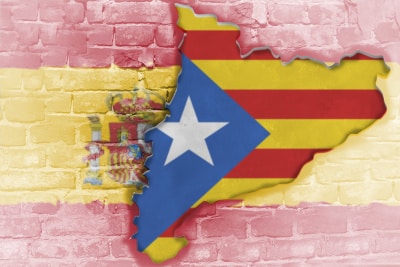For individuals, the rate of tax on any gains made will be 18% or 28%, depending on your UK income and also the amount of any gain on sale of the property. CGT will also only apply to gains made from the 6th of April 2015.
In calculating the gain on property disposal (i.e. non-UK resident property owners will substitute the value of the property as at 6 April 2015 for its actual acquisition cost) thereby rebasing the value to its current market value. For many, this can limit the charge levied. For example, if you purchased a residential property in 2005 at a cost of £40,000 and the valuation as of 6th of April 2015 is £150,000, the market value as of 6th April 2015 will be used as the base, and not the actual cost of purchase. If the property was then sold in 2020 for £175,000, the actual gains (minus of course any disposal costs and/or enhancement costs) would be less than £25,000. Non-resident individuals will still be entitled to the same annual exemption as UK residents i.e. £11,100 in 2015/16. Assuming that you no longer have taxable UK income, CGT will fall within the 18% CGT charge.
You may however still be eligible to claim private resident relief, HMRC will apply the 90 day rule – therefore if you, the owner, have spent at least 90 midnights in the property within any given tax year, and have not let the property out, nor have you had long periods of absence, and have not used the property for business purposes, then you may still be able to claim Private Resident Relief by claiming that your UK residential property is still your main home. If you have become a resident of Spain within the last year, it may be worth considering whether selling your private residence in the UK within the next 12 months would be preferable to paying any CGT in the future.
It is advisable for property owners in the UK to get a valuation now! It may be sufficient to obtain more than one valuation from local estate agents, but a valuation obtained from a professional surveyor will provide evidence to support the figure used as the rebased value on eventual disposal.
From this point forward, a return which includes the value as of 6th of April 2015, as well as the sale price, will be required to enable HMRC to calculate tax, even in cases where there is no chargeable gain.
By Laura Mann, Regional Manager Canary Islands
This communication is for informational purposes only and is not intended to constitute, and should not be construed as, investment advice, investment recommendations or investment research. You should seek advice from a professional adviser before embarking on any financial planning activity. Whilst every effort has been made to ensure the information contained in this communication is correct, we are not responsible for any errors or omissions.

 Catalonia’s push for independence after a referendum has plunged Spain into its worst political crisis since the attempted military coup in 1981.
Catalonia’s push for independence after a referendum has plunged Spain into its worst political crisis since the attempted military coup in 1981. The United Kingdom finally left the European Union on 31 January 2020. As such, the two jurisdictions are now in the process of implementing the Withdrawal Agreement, with the transition period ending at the close of 31 December 2020.
The United Kingdom finally left the European Union on 31 January 2020. As such, the two jurisdictions are now in the process of implementing the Withdrawal Agreement, with the transition period ending at the close of 31 December 2020.